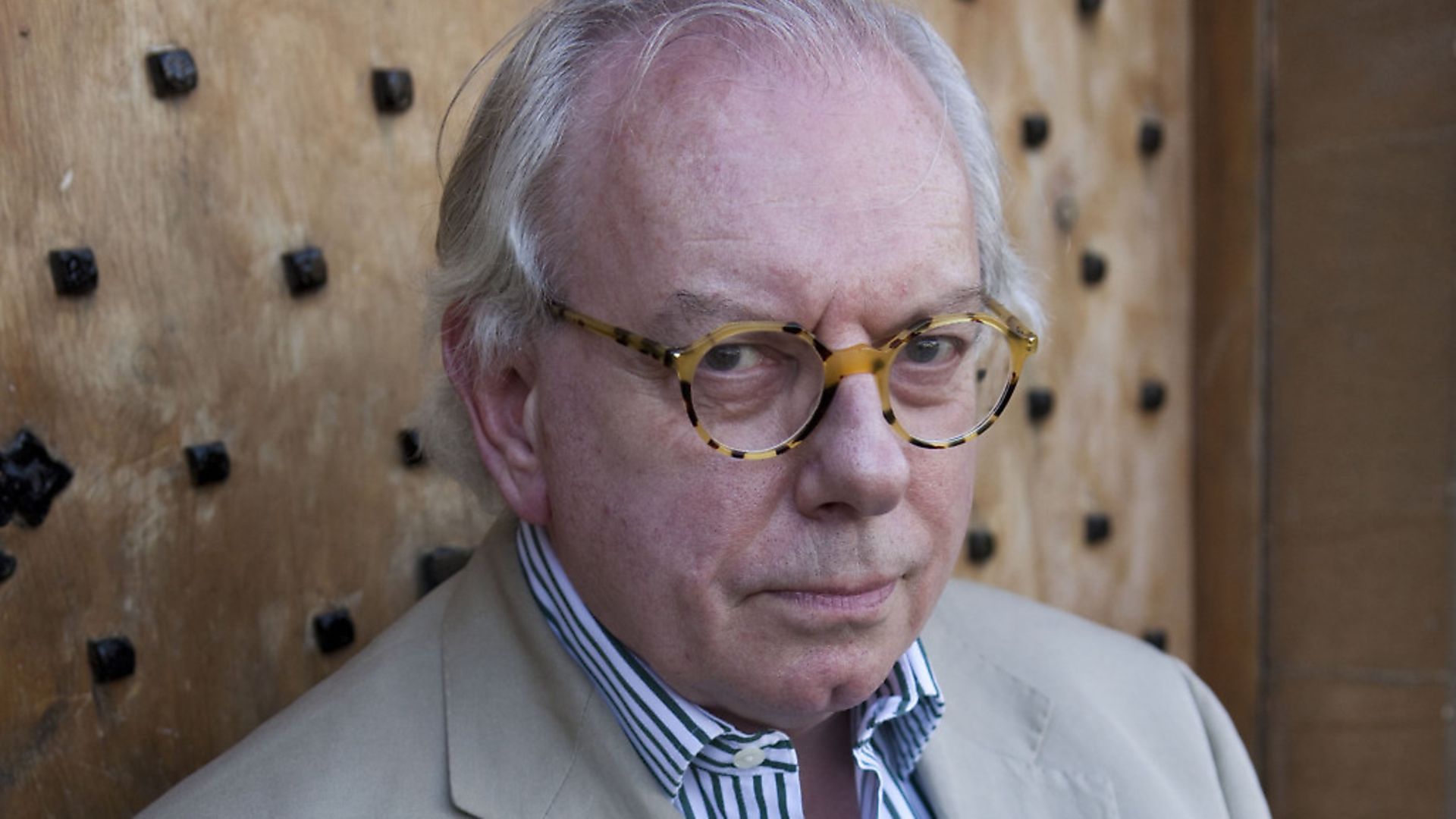
The historian’s praise for the ‘fruitful’ British Empire is wrong – and we must teach the next generation why, says Andrew Adonis.
Poor David Starkey, bemoaning his loss of academic honours and book contracts. A ‘heavy price’, he says, for his revolting comments in a recent online discussion in which he said slavery was not genocide as ‘so many damn blacks’ had survived.
But this was only one part of what he got wrong. Almost as bad was his paean of praise to the British Empire as ‘in most ways actually fruitful’. This is wrong, and we should be teaching why it is wrong in every school in the country so that another generation does not come to believe there is much good to be said for imperialism at large or the British empire in particular.
‘The honest teaching of the British empire is to say quite simply that it was the first key stage of our globalisation,’ said Starkey in the interview. ‘Its consequences are still [felt] and generally speaking in most ways [it was] actually fruitful,’ he argued of British imperialism, ‘but there are downsides of course as the Brexit vote demonstrated.’
If by that last remark he meant that Brexit is one of the downsides of too many Brits believing the empire was at least partly beneficial, I would agree. But Starkey is a Brexiter who thinks that Brexit started with Henry VIII’s breach with the pope to marry Anne Boleyn in 1533. So I think, with his typically loose wording, that he actually meant that Brexit demonstrated the legacy of the British empire to be a good thing.
Have your say
Send your letters for publication to The New European by emailing letters@theneweuropean.co.uk and pick up an edition each Thursday for more comment and analysis. Find your nearest stockist here or subscribe to a print or digital edition for just £13. You can also join our readers' Facebook group to keep the discussion and debate going with thousands of fellow pro-Europeans.
On Starkey’s ‘honest teaching’ of the empire, three things need to be said. First, it is dishonest to say it was the ‘first key stage’ of globalisation. The Romans, the Egyptians, the Persians, the Spanish, the Ottomans, not to mention the Chinese, can all attest to that, particularly the first.
One of the most significant history books I have read recently is Kyle Harper’s The Fate of Rome: Climate, Disease and the End of an Empire, which argues plausibly that the fall of Rome – ‘the single greatest regression in all human history’ – was caused largely by pandemics which spread with rapid and devastating effect precisely because of the extraordinary reach and inter-connectedness of the Roman Empire. He wrote this before Covid-19.
Second, the British empire, a Johnny-come-lately of global imperialism, can in no way be described as ‘generally fruitful’ for the generality of those who were oppressed by it.
The idea that there is something good to be said for the British empire because of all those Victorian railways, telegraphs and trade routes is comprehensively refuted by another brilliant recent history book: William Dalrymple’s The Anarchy: The Relentless Rise of the East India Company, which exposes Robert Clive and the founders of British India as rapacious plunderers, extortioners and mass murderers on a scale which astonished even me, a Cypriot whose family witnessed the violence and criminality of British imperialism at first hand over generations until the 1950s.
Dalrymple quotes Leo Tolstoy writing to the young Gandhi: ‘A commercial company enslaved a nation comprising 200 millions. Tell this to a man free from superstition and he will fail to grasp what these words mean.’ The Anarchy establishes that the Raj was built on ‘a supreme act of corporate violence’ which systematically exploited and impoverished India.
Note Tolstoy’s use of the word enslaved. A form of slavery was at the heart of the British empire from first to last: the total subjection of races and creeds, the removal of most of what constitutes freedom, and the denial of fundamental human rights. This reality produced Gandhi’s reported remark, when asked ‘what do you think of western civilisation?’ ‘I think it would be a good idea,’ he is said to have replied.
The third thing to be said about Starkey is that the most ‘fruitful’ thing Britain ever did was to give up its empire. Since we renounced imperialism in the third quarter of the last century, our national prosperity, morality and purpose have flourished.
This imperial renunciation wasn’t ours alone: we did it alongside the French, the Belgians, the Dutch, the Danes, the Portuguese and not least the Germans. The Swedes and the Spanish had divested their empires a lot earlier. Instead we formed together in an association of democratic states which is the most fruitful international non-empire the world has ever seen. It is called the European Union.









